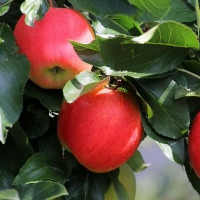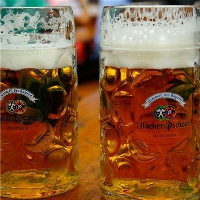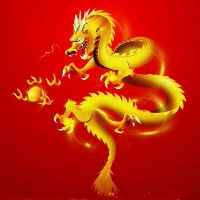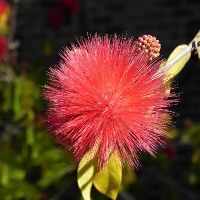Fudan's pharmacy is good~Why do you want to go to Jiaotong University? As a engineering major in Jiaotong University, you should not want to learn medicine. I think you want to learn medicine. If you want to come to Shanghai, you will naturally first choose Fudan's pharmacy science pharmacy. The undergraduate course is more practical. From the principles of pharmacokinetics, there is also a theoretical basis for future development. Well, Huali Pharmaceutical College is also good~
Which majors are undergraduate and which are specialized in Shanghai Health Medical College.
Shanghai College of Health Medicine has 16 undergraduate specialties and 13 specialized specialties.
Undergraduate majors: clinical medicine, medical imaging technology, rehabilitation therapy, rehabilitation physical therapy, stomatological technology, medical inspection technology, health inspection and quarantine, food hygiene and nutrition, nursing, health service and management, pharmacy, biomedical engineering, clinical engineering technology, data science and big data technology, medical product management, public affairs management.
Specialty: rehabilitation engineering technology, medical device maintenance and management, clinical medicine, nursing, midwifery, pharmacy, traditional Chinese medicine, stomatological technology, medical imaging technology, precision medical device technology, medical nutrition, medical device application technology, optometry technology.
School Introduction
Founded in the new era of "Healthy China", Shanghai Health Medical College is an application-oriented undergraduate medical college in Shanghai. The school is located in the Zhangjiang Science City International Medical Park in Pudong, with three vibrant campuses: Beiyuan, Nanyuan and Xinnanyuan.
The school has more than 11000 full-time students; There are 9 colleges and 4 teaching departments. The school cultivates human health promoters with sound personality and psychology, can solve practical problems, and has industry leading potential, which are widely recognized by the society.
The school has high-level young and middle-aged experts with outstanding contributions from the Ministry of Health, leading talents in Shanghai, leading medical talents in Shanghai, experts with special government subsidies from the State Council, oriental scholars, Pujiang scholars, the Rising Star Program and the Dawn Program, among which 28% are professors and associate professors.










